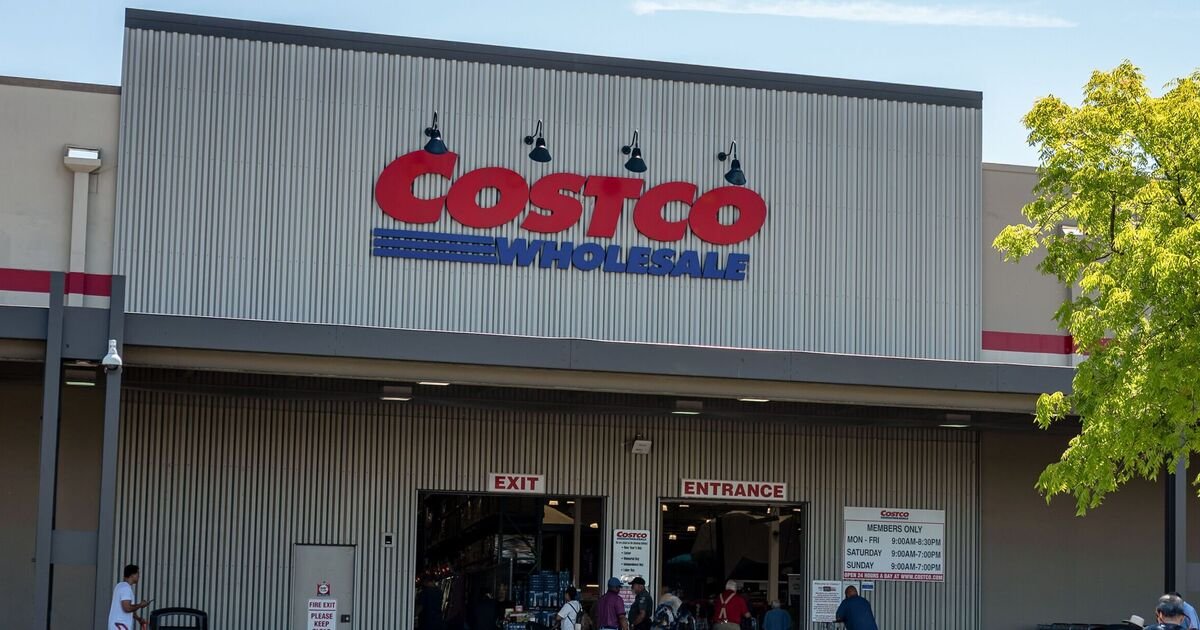Costco forced to emergency recall items banned by TSA – US News – News
Travelers are being warned that portable chargers and power banks, often found in carry-on luggage, are being scrutinized more closely by TSA agents. Costco has even recalled two models due to safety concerns.
These compact, lightweight devices have largely gone unnoticed for years. However, recently, there’s been an uptick in reports of TSA agents inspecting these items at security checkpoints, sometimes confiscating them.
While not explicitly prohibited, these devices are subject to strict regulations that many travelers may overlook, potentially resulting in delays or the loss of their charger at the airport. The TSA mandates that lithium-ion batteries should never be packed in checked luggage.
They are permitted in carry-on bags, but only if they meet specific criteria.
What did TSA ban?
Portable chargers or power banks containing a lithium-ion battery must be packed in carry-on bags. Spare lithium batteries, including power banks and phone chargers, are banned in checked luggage.
Most airlines permit power banks with a watt-hour (Wh) rating of 100Wh or less in the cabin.
What items did Costco recall?
Costco shoppers are being urged to scrutinize their recent purchases. The retail behemoth has issued alerts for multiple product recalls that could pose significant safety risks.
Nearly a dozen products have been removed from store shelves in recent months, with alerts ranging from fire hazards to mold.
Recalls have been issued due to contamination, bacterial issues, and potential fingertip amputation hazards. Some of the recalled products were purchased directly from Costco stores, while others were bought through Costco Next, which allows shoppers to purchase from brand sites at Costco prices.
The most pressing recall involves two Anker portable chargers sold through Costco. The A1257 model has been withdrawn due to a “potential issue involving lithium-ion battery cells,” with consumers advised to cease using the device immediately.
Another gadget, the Powercore 10000 (Model A1263), is being recalled because it could potentially overheat and start a fire.
Air conditioning units from Danby and Midea manufacturers, sold under various labels including Frigidaire and Mr. Cool, are also subject to recalls, according to Mirror US.
The U-shaped window models reportedly fail to properly remove moisture, leading to mold growth that could cause respiratory problems. Users are warned to stop using them immediately.
A seasoned traveler has issued an important warning to those who enjoy flying with portable chargers. To clarify the situation, internet personality Travel Tips By Laurie provided her advice.
The pilot’s wife, who travels frequently, alerted her audience about regulation changes coming into effect later this month.
Expert explains battery ban
Starting May 28, Southwest Airlines passengers will need to heed a new policy, as detailed: “Here’s one new travel tip for you. All power banks are combustable. You are no longer allowed to have your power bank or portable. Keep your e-charger or phone charger plugged into your phone in your personal item bag, under your airplane seat, or in the overhead bins.”
Thankfully, it’s unlikely anyone would charge their phone in a carry-on stowed in the overhead bin. The representative noted, “It’s one way to make sure they’re not near other bags in the overhead bins and catch on fire for no reason.
“[Southwest Airlines] have made a rule and now we think other airlines are going to make a rule that you cannot charge your phone in the overhead bins or in your carry-on suitcase.”
For those looking to keep up-to-date with Costco recalls, simply visit the Product Recalls section on the company’s official website.
For more comprehensive recall information across various products, consumers should check out the databases at the U.S. Consumer Product Safety Commission, FDA, USDA, and National Highway Traffic Safety Administration websites.


